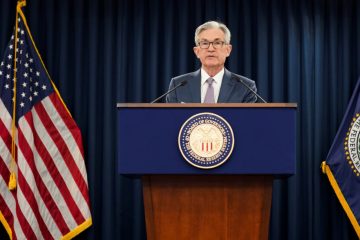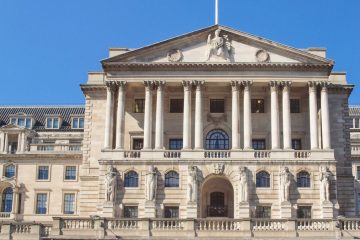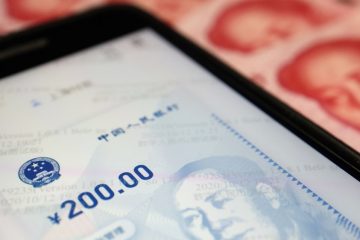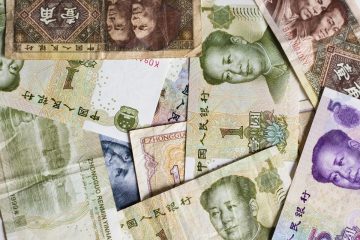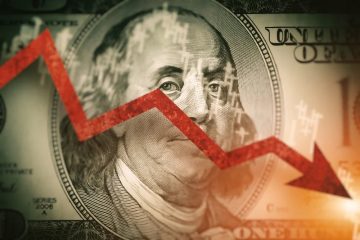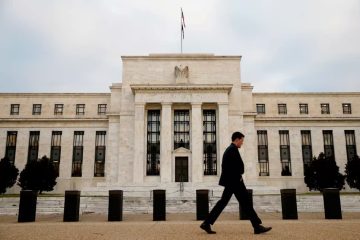Jerome Powell won’t likely be fired by Trump.
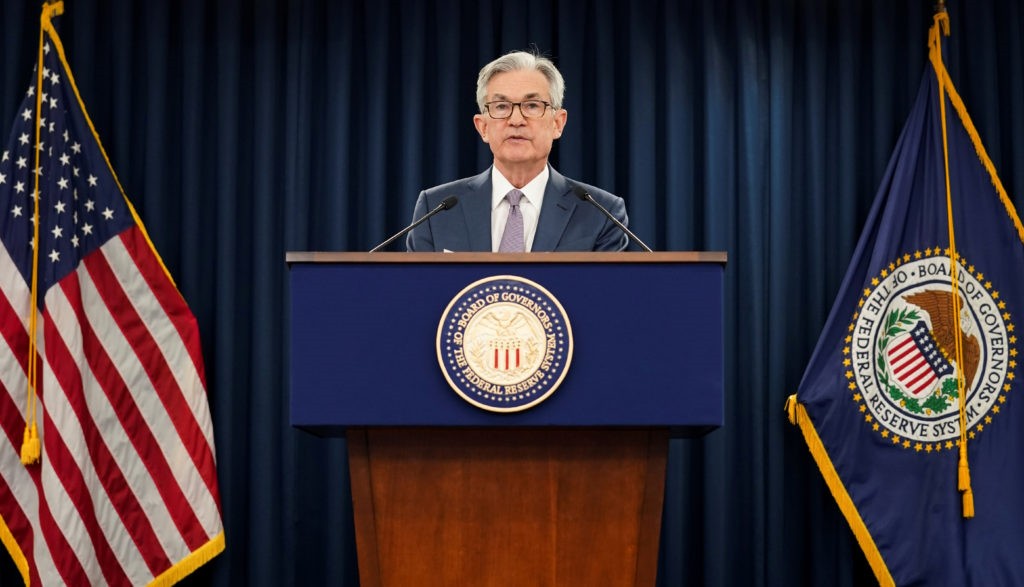
The election of President Trump has rekindled discussions regarding the possibility of his attempting to dismiss Federal Reserve Chairman Jerome Powell. However, dismissing Mr. Powell is improbable to feature prominently on the president-elect’s agenda unless there is an unexpected surge in inflation that compels the Federal Reserve to alter its trajectory. Such a standoff would inevitably entail extensive legal disputes, likely consuming the majority of the chairman’s tenure, which concludes in May 2026. What prompts Mr. Trump to hastily dismiss an individual engaged in the process of reducing interest rates, a goal that aligns with the aspirations of the president-elect? Mr. Powell is unlikely to encounter significant opposition regarding interest rates. His successor might not enjoy the same fortune.
The discord between the executive branch and the central bank is far from a novel phenomenon. Its origins can be traced back to the administration of Harry S. Truman. In the context of World War II, the Federal Reserve maintained low interest rates to mitigate the financial burden associated with wartime expenditures. Following the conclusion of the war and the lifting of price controls, coupled with the onset of the Korean War, inflation surged, prompting the Federal Reserve to increase interest rates to maintain stability. A vexed Truman impeded the initiative. In January 1951, he convened the full Federal Open Market Committee at the White House to address pressing issues. Ultimately, after the resignation of Chairman Thomas McCabe, the subsequent appointment of Chairman William McChesney Martin Jr., and the Treasury-Fed Accord of 1951, the FOMC gained the capacity to establish interest rates free from direct Treasury influence.
In 1965, amid Lyndon B. Johnson’s initiation of the Great Society welfare program and the intensification of the Vietnam War, inflation reemerged as a significant concern. Martin endeavored to increase rates but was promptly summoned to Johnson’s ranch, where he endured one of the president’s notorious reprimands. While certain historians assert that Martin remained steadfast, it was not until 1968, following Johnson’s declaration of his decision against seeking re-election, that Martin’s FOMC implemented a 100 basis point increase in interest rates. During his re-election campaign, Richard Nixon adeptly persuaded Chairman Arthur F. Burns to postpone any increase in interest rates. The Nixon telephone tapes reveal his persuasion of Burns to maintain low interest rates, thereby injecting stimulus into the economy, a factor that played a role in the onset of the Great Inflation.
Each president demonstrated varying levels of success in leveraging their influence to delay rate increases, even in the face of impending inflationary pressures. Although the Federal Reserve operates with a degree of independence, its leaders have historically encountered pressures akin to those that Mr. Powell faced during the initial term of Mr. Trump. The independence of the Federal Reserve is a matter of degree. The Federal Reserve is currently engaged in a gradual reduction of interest rates. There appears to be no precedent for the agency’s independence facing significant challenges under these circumstances. It seems unlikely that Mr. Trump will intervene, at least in a structural manner, provided the Fed continues along its current trajectory.
Considering the present robustness of the economy alongside the fiscal strategies of the new administration, it appears increasingly probable that inflation will resurface as a concern as Mr. Powell approaches the end of his term in 2026. Although the identity of the next chairman remains uncertain, it is reasonable to assume that the president will prefer to keep interest rates from rising significantly. Even if the president puts forward a new chairman with a preference for maintaining low rates, significant obstacles may still impede this course of action. The burgeoning national debt, surpassing $35 trillion, coupled with an annual deficit approaching $2 trillion, poses a significant challenge to the Federal Reserve’s capacity to maintain low interest rates. The Congressional Budget Office forecasts that, adhering to existing legislation, the national debt is set to surpass $50 trillion within the next ten years. The tax cuts enacted in 2017 are set to lapse in 2025, and should they be extended as indicated, the Congressional Budget Office projects an increase of $4 trillion in the deficit over the next ten years.
Approximately two-thirds of federal expenditure is classified as mandatory. This encompasses Social Security, Medicare, various entitlement programs, and interest payments on the national debt. While spending cuts may contribute to some reduction in the deficit, the commitments from both Democrats and Republicans to preserve the majority of benefit programs render this approach insufficient to address the underlying issue. Given these obstacles, financing the debt is likely to necessitate elevated interest rates to attract investors to buy bonds, thereby diverting savings from the private sector. Diverting funds from investment, entrepreneurship, or payroll will inevitably dampen economic growth and elevate unemployment rates.
The increasing pressure on interest rates is likely to provoke political demands for the Federal Reserve to intervene by purchasing a growing portion of the debt, thereby preventing further rises in interest rates. The outcome will likely be elevated inflation, unless a nonpartisan Federal Reserve chair intervenes with a decisive refusal. Regardless of who occupies the chairmanship, when the situation necessitates a rise in interest rates, it is probable that the administration will exert pressure to postpone such measures, favoring instead quantitative easing and debt monetization as means to invigorate the economy. The autonomy of the Federal Reserve faces potential jeopardy, whether through overt actions reminiscent of Mr. Trump’s initial term or through more subtle yet impactful maneuvers akin to those employed by Johnson and Nixon.
Mr. Powell might avoid grappling with the issue of Federal Reserve autonomy. However, should inflation spiral out of control once more, the individual in the chair will probably be compelled to take such measures.


